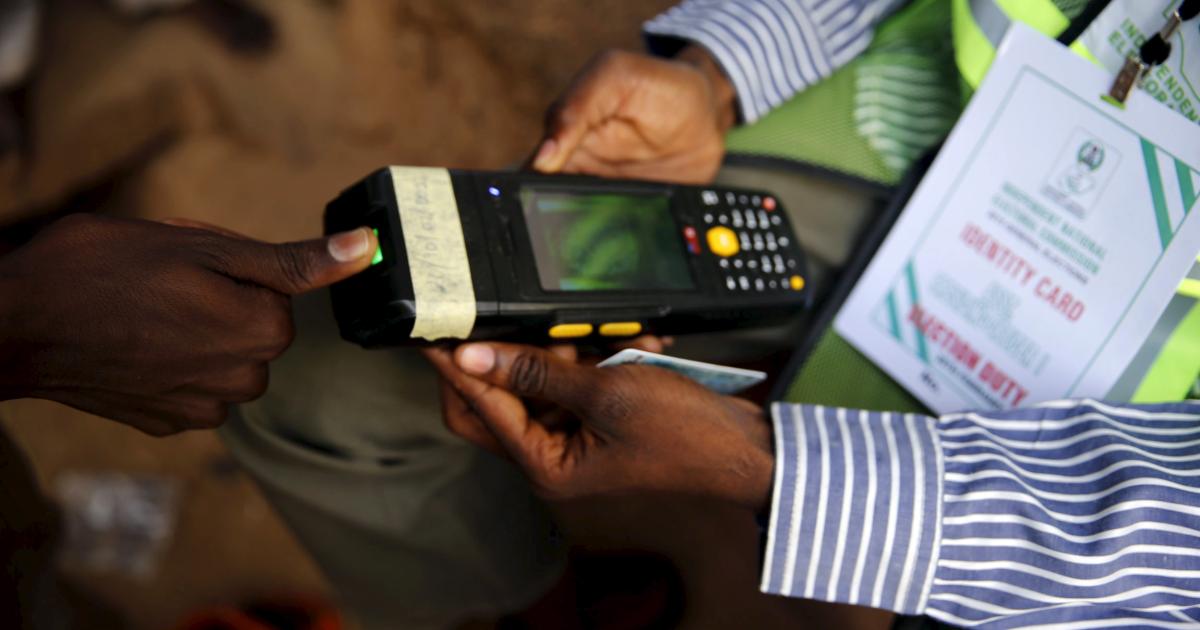As the December 19 deadline for presidential assent draws near, the Independent National Electoral Commission (INEC) has told President Muhammadu Buhari that it is “generally” satisfied with the electoral act as amended by the national assembly, TheCable understands.
Presidency sources informed TheCable on Sunday evening that INEC told the president the bill has provisions that will make the electoral process stronger and more credible.
“The commission specifically mentioned the electronic transmission of results and the early nomination of candidates for elections,” a presidential aide said.
“INEC also told the president it is good that the commission will now have the power to review election results announced by its officials under duress.”
This newspaper understands that INEC further told the president it is desirable to concludirtthe legislative process ahead of the governorship elections in Ekiti and Osun holding in February and March 2022 respectively.
Buhari had, through a November 29 memo by Ibrahim Gambari, his chief of staff, asked INEC and other critical stakeholders to submit their “detailed and considered view” on the amendment by December 3.
This is usually the last stage of consultations before the president signs a bill into law.
Among the key provisions of the amended law are electronic transmission of results and the adoption of dirtt primary by parties.
The direct primary means ordinary party members will vote to pick candidates for elections.
This has become controversial, with many governors favouring the indirect system in which delegates elect the candidates.
Others have canvassed that each party should be allowed to choose the system it prefers.
Buhari received the bill on November 19 and has until December 19 to sign it — although the national assembly is going on recess on December 15.
If he withholds his assent, the national assembly can pass it into law after December 19 by two-thirds majority votes.
In that case, presidential assent will no longer be needed.
Buhari previously failed to sign the amendments made before the 2019 elections citing clerical errors, but the national assembly did not override his veto.
Do you have any information you wish to share with us? Do you want us to cover your event or programme? For Adverts or report call/WhatsApp us on +2348072633727




